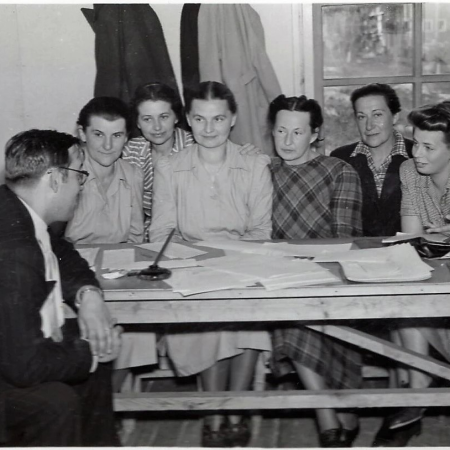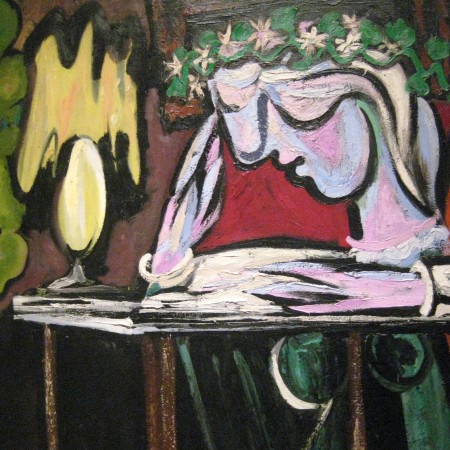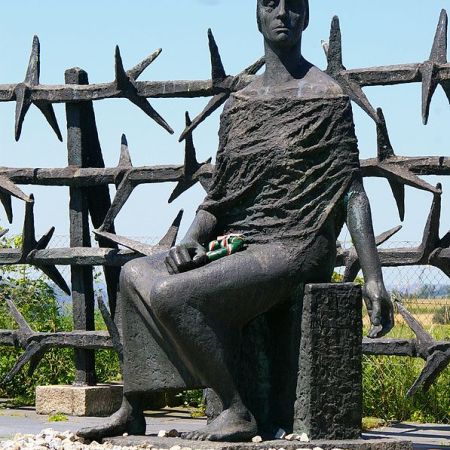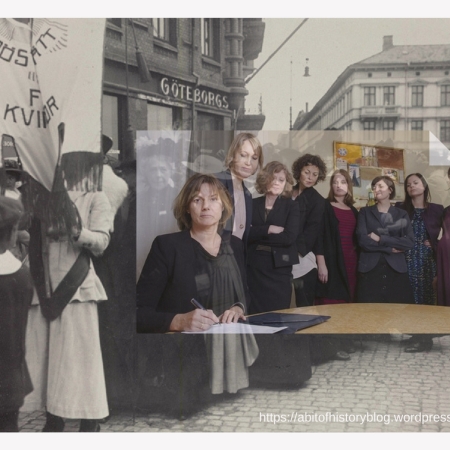
Category: European History


Christmas, Written by Women

LaGuardia’s Sister, Eichmann’s Prisoner, Ravensbrück’s “Mother”

The Unusual Union That Led to the World’s First Feminist Government

On International Women’s Day, Women in History Who Pressed for Progress

Define Her as Scandalous to Obscure Her Substance

Condemn Her Actions to Silence Her Words

Excerpted // Rescue or Death?

The Surprising 17th Century Origins of Radical Feminism
